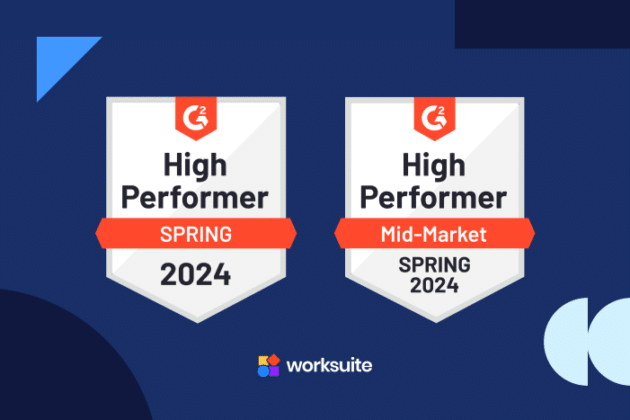
USA: DOL Announces 1099 / IC Rule Changes


The Dept of Labor announced Tuesday that it would be changing the rules by which US workers are to be classified as independent contractors (aka ICs or 1099) vs employees. The rules are currently undergoing 45 days of public comment, so there is no immediate change or impact.
Effectively the proposed rule change is a ping pong volley from the current administration to repeal the rule changes of the prior administration signed into effect in January of 2021, which itself was a move to loosen regulations on employee misclassification established by that administration’s predecessor.
What are the changes being made?
The current DOL guidance for IC classification (the DOL rules put forth in 2021), focuses on an “economic realities” test based on two “core factors”:
- Nature and degree of control over the work being performed (i.e. who holds that control – worker or company), and
- The worker’s opportunity for profit and loss, based on initiative and investment in the IC business.
Advocates highlight this approach to be a simpler, more targeted test to apply, while opponents believe the current rule leaves too much to interpretation and does not allow for consideration of all relevant factors.
The proposed rules change announced by the DOL here in 2022 are a return to the multi-factor approach to classification commonly referred to as “totality of the circumstances” analysis. In other words, a much broader consideration of all relevant circumstances (or factors) that contribute to the propriety of the classification. In addition, the proposed rule changes will re-establish the prior meaning and objective of the economic realities test to be:
Is the worker really in business for him or herself (and thus an IC) or is the worker economically dependent on the client company (and thus its employee).
So, is this a substantive change or not?
Technically, the proposed rules will have a little practical impact on the entirety of the IC screening practice and the resulting classification determination. This is because the DOL is solely focused on establishing rules that align with their interpretation of the worker classification provision contained within the Fair Labor Standards Act. As such, the DOL is only one of the many federal and state level jurisdictions that have to be taken into consideration when screening independent workers and the engagements they work for proper classification. State taxing authorities and state unemployment, workers compensation, and wage and hour commissions, as well as other federal agencies – let us not forget the Internal Revenue’s interest in higher tax revenues yielded by employee-employer relationships – all have their own rules and interpretations that have to be navigated in order to properly classify workers.
More substantive is the political signal this DOL announcement, along with other proposed legislation (such as the Protecting the Right to Organize or PRO Act), is sending. The current administration has consistently advocated for significantly more “employee-friendly” rules similar to the highly restrictive California law, AB-5. The cornerstone of the AB-5 law, a very strict application of the “ABC” test that starts with the presumption that all workers are employees and makes IC classifications highly complex and difficult to achieve, is embedded in the PRO Act for the purposes of determining employee status and thus their rights to organize. Passage of the PRO Act is widely recognized as a pathway to federalizing California’s restrictive AB-5 rules. However, there is not enough support in congress nor in the business community to do so. Not yet, at least.
Impact on Worksuite and our Customers
Worksuite provides its customers with a variety of global compliance services, including US-based IC classification services. In addtion, part of our Global Shield offering is to monitor global regulatory changes and to help our customers adjust their compliance strategies to minimize impacts to their business and talent engagement models. With regard to these announced US changes, the impact on the Global Shield services and on our customers is minimal. At present, we see no compelling reason to panic or materially change current screening practices.
However the tightening regulatory environment and the high likelihood of future tightening is not something that companies engaging freelance talent should ignore. With a critical eye towards future risks and a best practice posture of always being prepared, Worksuite recommends all our customers, as well as those companies not yet our customers, take this opportunity to conduct a compliance checkup, to ensure internal practices are sound in today’s environment and form a solid foundation for future spikes in misclassification risk. The Worksuite Global Compliance team stands ready to help. If you have questions about your current IC classification and engagement operations, or if you simply want an update on the global regulatory environment impacting ICs (including the recently announced repeal of IR35 in the UK), please schedule some time on our calendar by clicking here Reg Updates & Compliance Reviews.






